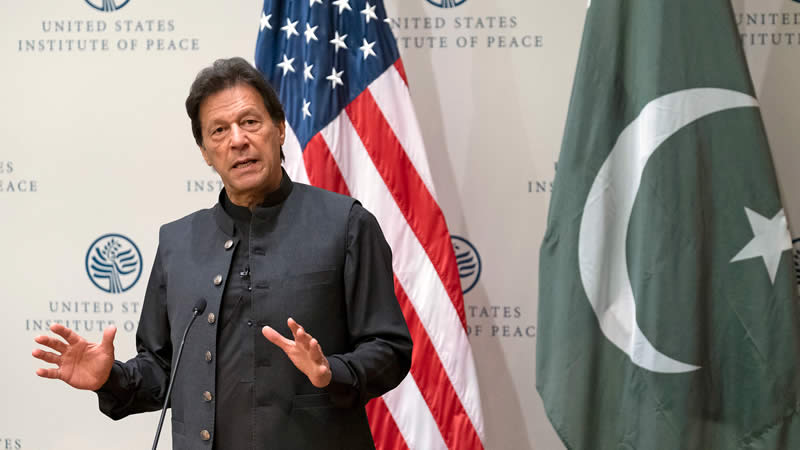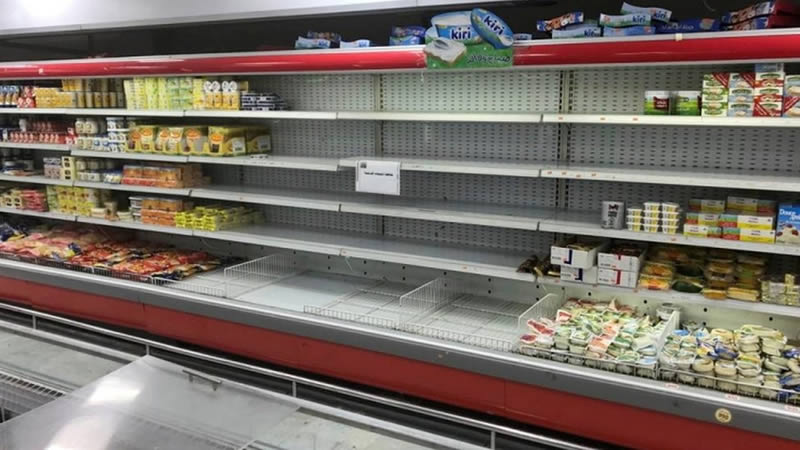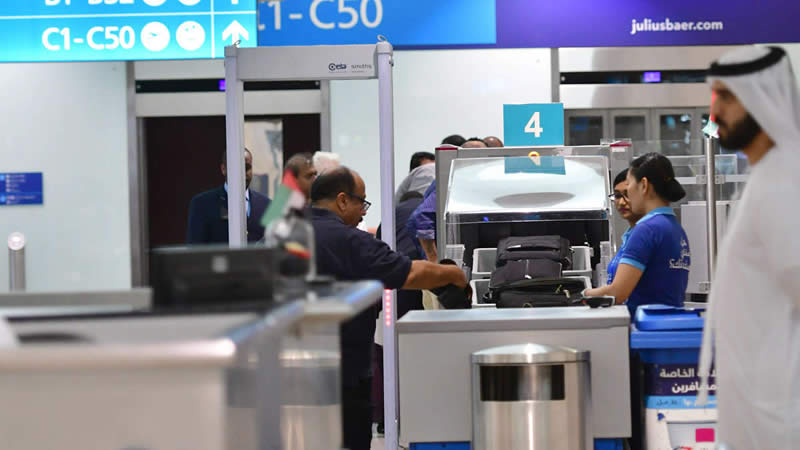Result Expectation: Hub Power Company is scheduled to announce its FY11 financial results on September 8, 2011. We expect the company to post PAT of PKR5.5bn (EPS: PKR4.81), up a mere 0.1% YoY and pay final cash dividend of PKR2.5/share, taking full year dividend to PKR5.0/share. 4QFY11 EPS is expected at PKR1.10.
Post COD tariff adjustment for Narowal is still pending: Income from Narowal is expected to be booked at old tariff which was notified prior to COD of Narowal by NEPRA. Earnings contribution from Narowal during 4Q is expected at negative PKR0.14/share which would be understated by PKR0.21/share.
Utilization similar to FY10, maintenance costs to increase: As per monthly generation data released by NEPRA, utilization of HUBCO’s old plant stood at 88% during 4Q, taking full year generation to 8,115Gwh, up a mere 1% YoY. Maintenance charges for 4Q are expected at PKR935mn, up 25% YoY, on the back of PKR163mn O&M costs of Narowal, taking full year maintenance costs to PKR3bn.
Net penal interest income to contribute PKR0.09/share with higher financial charges: HUBCO received payments of PKR60bn during May-11, which is expected to take ST borrowings to PKR8.5bn. Net penal interest income is thus expected to stand at PKR108mn (PKR0.09/share), down 35% QoQ. Financial charges for 4Q are expected at PKR1.2bn, up 75% QoQ, due to finance cost associated with Narowal debt (PKR578mn), taking full year finance costs to PKR3.1bn, up 73% YoY.
Investment Perspective: The scrip is currently trading at FY12 PER of 6.5x, offering a dividend yield of 13%. At current levels, HUBC offers an upside of 23% to our DDM based Jun-12 PT of 49/share and a real USD IRR of 15% over the remaining term of the Power Purchase Agreements.
Post COD tariff adjustment for Narowal is still pending
In case of IPPs under 2002 policy, at the time of project set up and filing of tariff petition, tariff is notified by NEPRA which is subject to adjustments at the COD. Final tariff that is notified after COD is applicable for that IPP. Similarly, for Narowal, COD was achieved on April 22, 2011, but final tariff with EPC cost adjustments is not yet notified. Therefore, earnings contribution from Narowal for 4Q is expected at negative PKR0.14/share (understated by PKR0.21/share), as tariff booked for 4Q will be based on previously notified tariff and the costs will be realized on the basis of actual costs. We expect the tariff adjustments to be completed during 1HFY12 and earning differential of PKR246mn (PKR0.21/share) shall be booked during the period.
Utilization similar to FY10, maintenance costs to increase
Monthly generation numbers released by NEPRA reveal that generation of old plant of Hubco for 4Q stood at 2,314Gwh, up 13% QoQ at a load factor of 88%, taking full year generation to 8,115Gwh, down a mere 1% YoY (utilization of 77%). Maintenance cost for 4Q are expected at PKR935mn, up 25% QoQ, of which maintenance expenditures of Narowal during 4Q are expected at PKR163mn. Full year maintenance cost is expected at PKR3.0bn, up 11% YoY.
Net spread income to contribute PKR0.09/share with higher financial charges
HUBCO received payments of PKR60bn during May-11, which is expected to limit short term borrowings to PKR8.5bn at year end. Net spread income for 4Q is thus expected at PKR108mn (PKR0.09/share), down 35% QoQ. Due to increase in project costs of Narowal and delay in COD, the finance costs associated with Narowal are expected to stand at PKR578mn, PKR303mn higher than PKR275mn allowed under earlier notified tariff. Finance cost for 4Q is expected at PKR1.2bn, up 75% QoQ taking full year finance cost to PKR3.1bn, up 73% YoY.
Economic & Political News
PSO demands bailout package
The Pakistan State Oil (PSO) has demanded the Ministry of Finance a bailout package, as the company is running short of funds to retire its payment obligations under the letters of credit (LCs), an official said on Monday. The current liabilities of the state-run oil company stand at PKR159.35bn, while the company’s receivables hover at PKR151.89bn.
Pressure tactics: PEPCO stops paying Normal Daily Payments (NDP) to IPPs
In a bid to pile pressure on independent power producers (IPPs) to withdraw their notices, Pakistan Electric Power Company (Pepco) has stopped paying routine dues to the nine IPPs which asked the government and the Central Power Purchasing Agency to release sovereign guarantees due to default on payment of PKR31bn by Pepco. Pepco for the last two days has held back the normal daily payments (NDP), which are almost 50% of the daily fuel cost whereas the IPPs that have not served notices are being paid normal daily payments without any hindrance. The nine IPPs which served notices included Atlas Power Limited, Attock Gen Limited, Liberty Power Tech Limited, Nishat Chunian Power Limited, Orient Power Limited, Nishat Power Limited, Sapphire Electric Company Ltd, Halmore Power Limited and Saif Power Limited.
Analyst Certification:
The research analyst(s) denoted AC on the cover of this report, primarily involved in the preparation of this report, certifies that (1) the views expressed in this report accurately reflect his/her personal views about all of the subject companies/securities and (2) no part of his/her compensation was, is or will be directly or indirectly related to the specific recommendations or views expressed in this report.
Disclaimer
The report has been prepared by Elixir Securities Pakistan (Pvt.) Ltd and is for information purpose only. The information and opinions contained herein have been compiled or arrived at based upon information obtained from sources, believed to be reliable and in good faith. Such information has not been independently verified and no guaranty, representation or warranty, expressed or implied is made as to its accuracy, completeness or correctness. All such information and opinions are subject to change without notice. Descriptions of any company or companies or their securities mentioned herein are not intended to be complete and this document is not, and should not be construed as, an offer, or solicitation of an offer, to buy or sell any securities or other financial instruments.
Research Dissemination Policy
Elixir Securities Pakistan (Pvt.) Ltd. endeavors to make all reasonable efforts to disseminate research to all eligible clients in a timely manner through either physical or electronic distribution such as mail, fax and/or email. Nevertheless, not all clients may receive the material at the same time.
Company Specific Disclosures
Elixir Securities Pakistan (Pvt.) Ltd. may, to the extent permissible by applicable law or regulation, use the above material, conclusions, research or analysis in which they are based before the material is disseminated to their customers. Elixir Securities Pakistan (Pvt.) Ltd., their respective directors, officers, representatives, employees and/or related persons may have a long or short position in any of the securities or other financial instruments mentioned or issuers described herein at any time and may make a purchase and/or sale, or offer to make a purchase and/or sale of any such securities or other financial instruments from time to time in the open market or otherwise. Elixir Securities Pakistan (Pvt.) Ltd. may make markets in securities or other financial instruments described in this publication, in securities of issuers described herein or in securities underlying or related to such securities. Elixir Securities Pakistan (Pvt.) Ltd. may have recently underwritten the securities of an issuer mentioned herein.
Other Important Disclosures
Foreign currency denominated securities is subject to exchange rate fluctuations which could have an adverse effect on their value or price, or the income derived from them. In addition, investors in securities such as ADRs, the values of which are influenced by foreign currencies effectively assume currency risk. Foreign currency denominated securities is subject to exchange rate fluctuations which could have an adverse effect on their value or price, or the income derived from them. In addition, investors in securities such as ADRs, the values of which are influenced by foreign currencies effectively assume currency risk.
Contributed By















